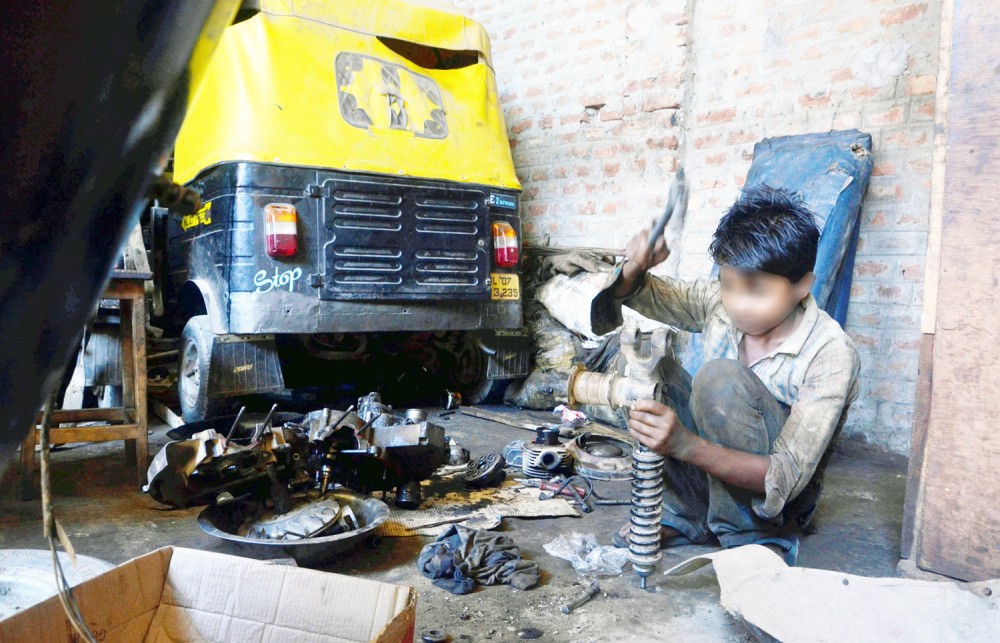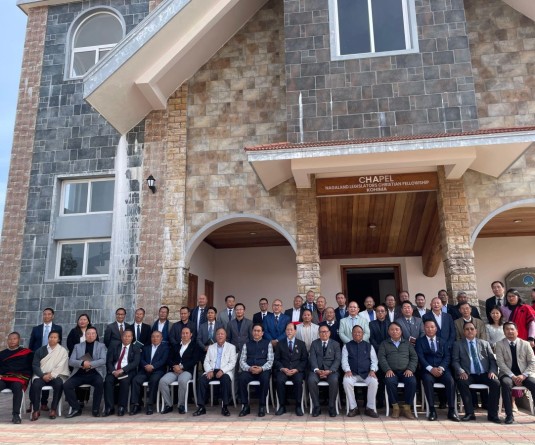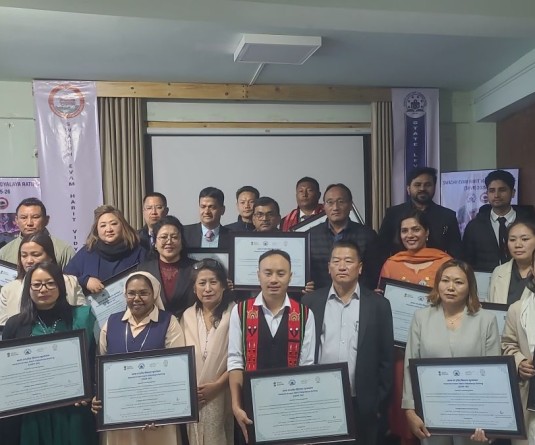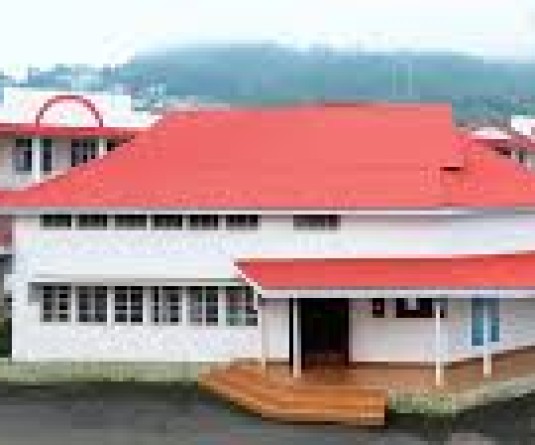A minor works at an auto rickshaw repair garage in Dimapur. (Photo/Caisii Mao)

Our Correspondent
Kohima | June 17
The working paper entitled “Migrant and trafficked children in hazardous employment: The case of Nagaland” by T. Chubayanger, Project Director Department of Labour Nagaland was released here recently by parliamentary secretary for labour & employment, justice & law and revenue department Dr. Nicky Kire during the observance of World Day Against Child labour.
This research is part of the commissioned projects of V.V. Giri National Labour Institute, Noida, under Ministry of Labour and Employment, Government of India, which is mandated to undertake and promote research on the issue of labour and employment and thus research projects are commissioned on relevant issues/themes from time to time.
The topic of the project holds extreme importance for all the stakeholders including the state government. Never ever, any agency or government department of the state had taken up the issue of migration and trafficking of children for employment in hazardous works in the state. The impacts therefore are likely to be far reaching, and as a result, critical examination of the issue becomes an utmost necessity.
Chubayanger said this study establishes an information base for designing appropriate state, local and community level intervention for the welfare of the migrant and trafficked children. Further, the study findings enriches understanding about the socio-economic and cultural background of the migrant and trafficked children, the demand and supply side factors influencing their migration and trafficking, and the reasons for its existence and perpetuation.
“The current paper also examines the risks and vulnerabilities of migrant and trafficked children and their working conditions. The study suggests for appropriate modifications in the existing protocol, legal framework and law enforcement related to migrant and trafficked children,” said Chubayanger.
Meanwhile, the researcher thanked Subonenba Longkumer, Director, Community Education Centre Society (CECS) Dimapur and his staff for the tireless support in conducting field exercise with their professional inputs “without which this would have been impossible.” CECS is a non-profit organization specialized in the matter of child labour.






